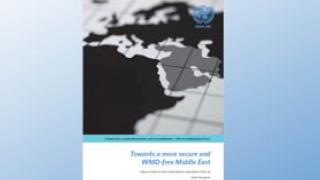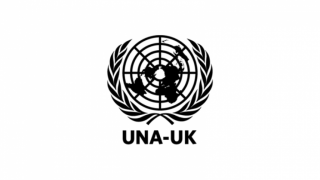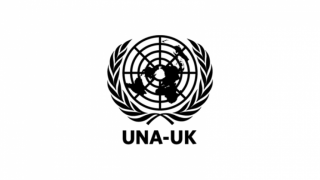
On 5 November, Israeli and Iranian officials took part in a meeting on nuclear non-proliferation issues, in what has been interpreted by commentators as an important step ahead of a proposed UN conference on a nuclear-weapons-free zone in the Middle East (MENWFZ).
Participants, who were said to be taking part in an 'academic seminar' a private capacity, included the Iranian ambassador to the International Atomic Energy Agency, the Israeli ambassador for strategic affairs, and Jaakko Laajava, the Finnish diplomat tasked with facilitiating the conference. Representatives from other key states in the region, as well as the US and Europe, were also present.
After years of inaction, progress towards a MENWFZ, initially proposed in the 1970s, was made at the 2010 Nuclear Non-Proliferation Treaty Review Conference, where agreement was reached on holding a conference on the zone in 2012. This date was always likely to be a challenge, given the US presidential elections this year and the Israeli and Iranian elections looming in 2013, not to mention the turmoil in the wider region.
Although participants did not indicate a shift in official positions, this week's meeting provided some hope that both Israel and Iran would attend the MENWFZ conference. Mark Fitzpatrick, Director of the Non-Proliferation and Disarmament Programme at the International Insitute for Strategic Studies, was quoted as saying "there were no fireworks and no denunciations" - a marked improvement on a similar event held last year.
The official Israeli stance is that it will not engage in disarmament discussions unless they are part of a broader peace deal with Arab states, and only if its security is guaranteed. It has not confirmed or denied the existence of its nuclear arsenal. Iran, meanwhile, maintains that it is enriching nuclear energy for peaceful purposes only and it has to date rejected deals to limit its enrichment programme - although these deals have not as yet offered a reduction in the sanctions of most interest to Iran.
Earlier this year, UNA-UK released a report entitled 'Towards a more secure and WMD-free Middle East', as part of its Towards Zero programme. Written by Mark Fitzpatrick, the report explores the prospects for a MENWFZ and how the proposed UN conference could make progress towards a nuclear-free Middle East.






